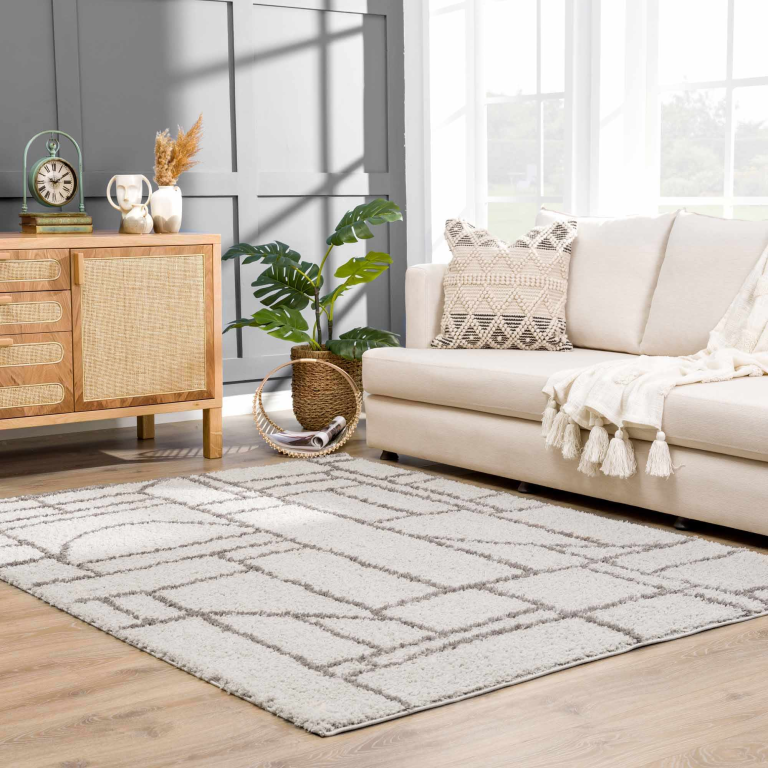Selecting the Right Cookware for Your Culinary Adventures
Cooking is not just about the ingredients and recipes; it’s also about the tools you use. The right cookware can make a significant difference in your culinary adventures, affecting everything from cooking times to flavors. But with so many options available, choosing the right cookware can feel overwhelming. Understanding the different materials, designs, and purposes of cookware is essential for any aspiring chef or home cook. In this article, we’ll explore the art of choosing the right cookware for your kitchen.
Understanding Cookware Materials
The first step in selecting cookware is understanding the various materials available. Each material has its unique properties, which can affect cooking performance and durability.
- Stainless Steel: Stainless steel is a popular choice for cookware due to its durability, non-reactive surface, and resistance to corrosion. It’s excellent for searing, frying, and sautéing. Look for stainless steel cookware with an aluminum or copper core for better heat conduction. One popular brand that utilizes this construction is HexClad. If you’re considering stainless steel cookware, reading many Hexclad reviews might be helpful to see if their design aligns with your cooking needs.
- Cast Iron: Cast iron cookware is known for its excellent heat retention and distribution. It’s perfect for slow cooking, frying, and baking. With proper seasoning and care, cast iron cookware can last a lifetime.
- Nonstick: Nonstick cookware has a coating that prevents food from sticking, making it easy to clean and ideal for delicate foods like eggs and pancakes. However, it’s essential to use nonstick cookware carefully to avoid scratching the coating.
- Copper: Copper cookware offers superior heat conductivity, allowing for precise temperature control. It’s often used by professional chefs for tasks that require precise heat adjustments, such as making sauces and caramelizing sugar.
- Aluminum: Aluminum cookware is lightweight and conducts heat efficiently. It’s an affordable option for everyday cooking tasks but may react with acidic foods if not coated.
- Carbon Steel: Carbon steel cookware is similar to cast iron but lighter and more responsive to temperature changes. It’s excellent for high-heat cooking methods like stir-frying and searing.
Choosing the Right Pieces
Once you’ve decided on the material, consider the specific pieces of cookware you need for your kitchen. While having a vast array of pots and pans may seem enticing, investing in a few versatile pieces can often suffice.
- Skillet/Frying Pan: A good quality skillet or frying pan is a must-have for any kitchen. Look for one with a flat bottom and a comfortable handle for easy maneuvering. Stainless steel, cast iron, and nonstick options are all suitable choices depending on your preferences.
- Saucepan: A saucepan is a versatile cookware for boiling, simmering, and making sauces. Choose one with a tight-fitting lid and a sturdy handle for easy pouring. Stainless steel and copper are excellent materials for saucepans.
- Stockpot: If you enjoy making soups, stews, or large batches of pasta, a stockpot is essential. Look for one with a heavy bottom and sturdy handles for easy lifting. Stainless steel and aluminum stockpots are durable and conduct heat well.
- Dutch Oven: A Dutch oven is a versatile piece of cookware that can be used for braising, roasting, baking, and more. Cast iron Dutch ovens are particularly popular for their excellent heat retention and durability.
- Bakeware: Don’t forget about bakeware for your culinary adventures. Essential pieces include baking sheets, cake pans, and muffin tins. Choose nonstick options for easy release and cleanup.
Considerations for Your Cooking Style
When selecting cookware, consider your cooking style and preferences. Are you an avid home chef who enjoys experimenting with different cuisines, or do you prefer simple and straightforward cooking methods? Understanding your cooking habits can help you choose the right pieces of cookware for your kitchen.
- Versatility: Opt for versatile pieces of cookware that can perform multiple functions. For example, a skillet with a lid can double as a saucepan, saving space in your kitchen.
- Heat Conductivity: Consider the heat conductivity of the cookware material and how it aligns with your cooking needs. If you frequently cook dishes that require precise temperature control, choose materials like copper or aluminum that conduct heat evenly.
- Maintenance: Consider the maintenance requirements of different types of cookware. While cast iron requires seasoning and careful cleaning, stainless steel is dishwasher-safe and easy to maintain.
- Budget: Set a budget for your cookware investment and prioritize pieces that you’ll use frequently. Quality cookware is an investment that can last a lifetime with proper care.
Conclusion
Choosing the right cookware is an essential aspect of culinary exploration. By understanding the different materials, designs, and purposes of cookware, you can equip your kitchen with the tools you need to create delicious meals with ease. Whether you’re a novice home cook or an experienced chef, investing in high-quality cookware tailored to your cooking style can elevate your culinary adventures to new heights. So, take the time to research and select the perfect pieces of cookware for your kitchen, and embark on a journey of delicious discoveries.







